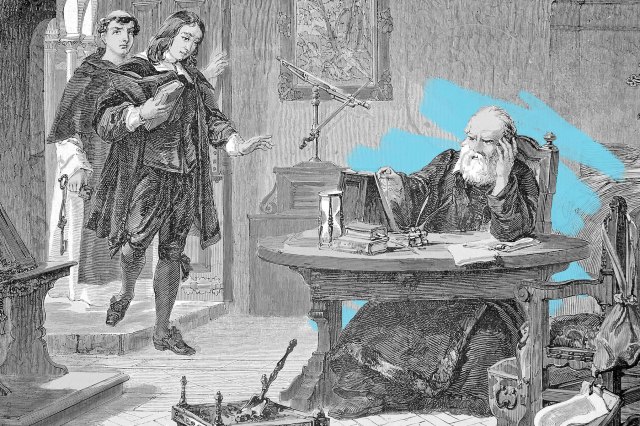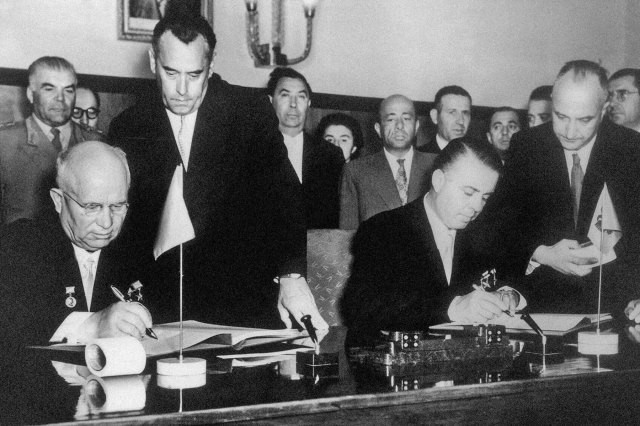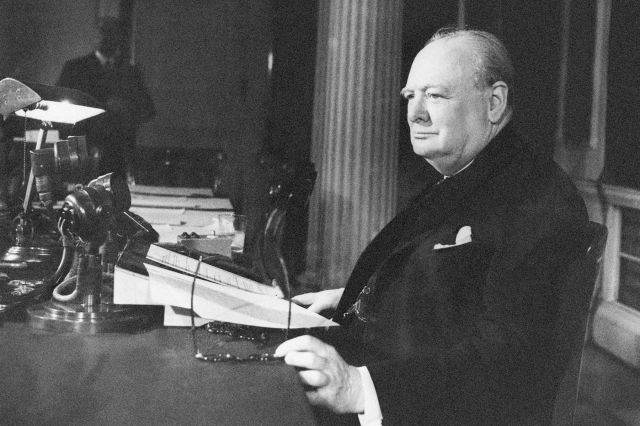| G alileo Galilei made some major scientific strides in his time, particularly in the field of astronomy. He discovered four of Jupiter's moons and the stars of the Milky Way, and determined that the surface of Earth's moon isn't smooth. Most famously, he vehemently believed, as Nicolaus Copernicus proposed before him, that the Earth revolved around the sun, not the other way around — even as the Catholic Church labeled him a heretic for it. But despite his reputation as a skeptic, his cosmic beliefs included a little of what is now considered pseudoscience, too. To wit, he was one of Europe's most sought-after astrologers in his time, and wrote horoscopes for Italy's elite. Some of his astrological tools are even on display at the Galileo Museum in Florence, Italy. |
|
| Galileo, a Pisces, practiced judicial astrology, which concerns human circumstances rather than just natural phenomena; clients consulted him for guidance on illness, travel, love, and other major events. He also wrote birth charts, including for himself and his children. Before he was tried by the church for his belief in heliocentrism, he was investigated for telling his clients that the stars governed their fates — although the church didn't pursue the matter very far. Galileo's faith in the zodiac may sound surprising, but at the time, it wasn't unusual for astronomers to practice this kind of cosmic divination. Some patrons would even judge whether a scientist was worthy of their support by their astrology skills. Indeed, other astronomers we hold in high esteem today, including Johannes Kepler, Tycho Brahe, and Copernicus, also studied astrology. |














No comments:
Post a Comment